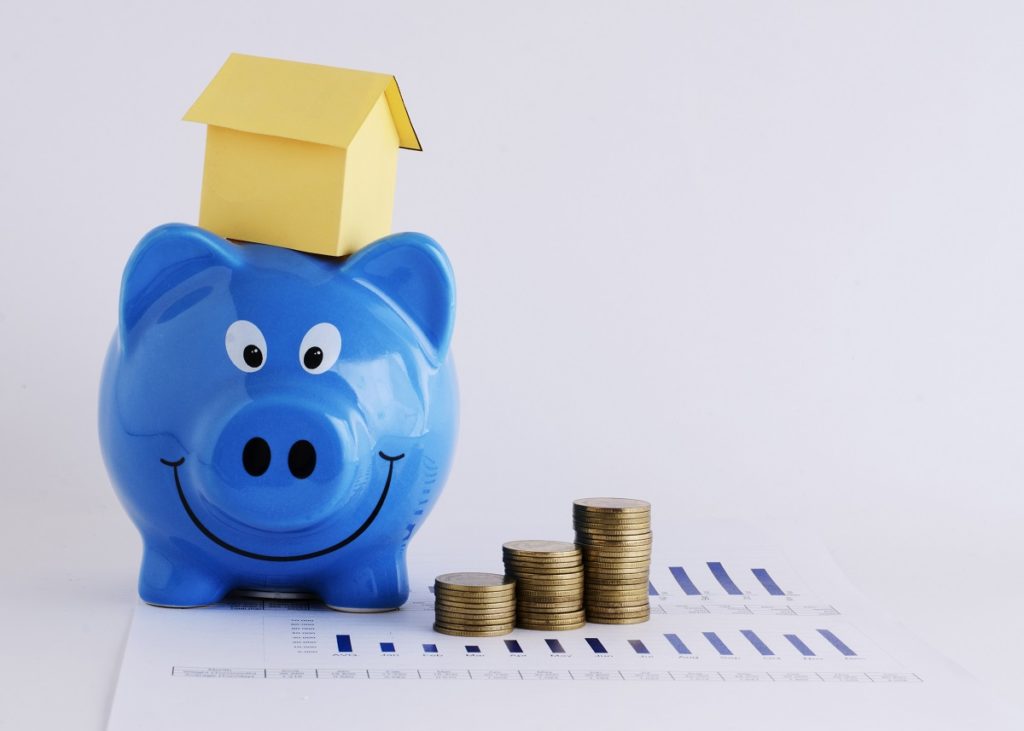The coronavirus gave rise to uncertainties in the global economic system. Countries all over the world are no stranger to its economic impacts. Unemployment rates skyrocketed, and businesses were forced to halt operations indefinitely. Some businesses even decided to close permanently. Governments have been scrambling to find solutions to the unforeseen predicaments brought about by the deadly virus that made its first step into mainstream American media in late January this year.
Early into March this year, the United States’ central banking system, the Federal Reserve System (or “the Fed” as commonly referred to) took several drastic steps in an effort to take the edge off the country’s economy. The Economist, a non-partisan newspaper providing geographical and thematic news stories, stated that investors and homeowners have braced for the worst since it became apparent that the coronavirus pandemic would cause the world economy to plunge.
What steps did the Fed take to keep the housing market afloat?
The American central banking system made its first step against the perceived economic turmoil caused by COVID-19 through an emergency rate cut on the third of March this year. The emergency rate cuts continued until 12 days after with half a percentage point. The latest surprise rate cut was a full percentage point. The cuts brought interest rates down to the target range of zero percent to 0.25 percent. ;
The steps are recognized by experts as mirroring the Fed’s actions during the 2008 financial crisis when unemployment rates were surging during the start of the crisis. The central bank is charged with protecting the U.S. economy through policymaking geared toward economic revival and stability. The government has equipped the system with authority enough to regulate banks and make momentous changes to the financial system. ;
To keep one of the largest investor markets alive, the banking system injected billions of dollars’ worth of mortgage-backed securities. This was done to increase financial flow into the mortgage financing system that resulted in notable mortgage rate drops, which lasted for approximately three months—from spring until early into summer.

How did home sellers and buyers react?
As home resale rates decelerated, both home sellers and would-be buyers put on financial protection through pulling sales and purchases back. The rate cuts and economic uncertainty brought about by the coronavirus pandemic made sellers kept their homes off the market. The March rate cuts decreased the buyers’ choices and made prices skyrocket.
But the low-interest rates and demand for housing powered an increase in the demand for mortgages. One week in June gathered an eight percent increase in mortgage application volume. The excellent mortgage rates perceived by home shoppers pushed American home sales in May, resulting in a 17 percent increase from April.
In order to close sales, realtors are making use of digital technology for virtual closings, self-guided house tours, and live-streamed open-house events. The streamlined methods that allow the main actors of the housing market and mortgage financing system aid in the drive for economic recovery.
Is it a good time to shop?
In hindsight, buying a home at a time when interest rates are kept lower by the central bank would be a practical choice. But as mentioned, housing prices are high due to home sellers pulling their properties from the market. This means that even if mortgage interest rates look attractive, the choices on the market don’t.
Spring’s emergency rate cuts are well received by people with existing adjustable-rate mortgages (ARMs) and home equity lines of credit (HELOC) because their rates are based upon rate movements in the Fed. If you are on the lookout for AMRs and HELOC, the ideal move would be to get a mortgage preapproval and maintain closing date flexibility. But the latter would fall on the market speculation side, as this will be waiting for another round of the Fed’s rate cuts.
The central bank’s decision to maintain low interest rates until the American economy recovers fully could influence your decision. Nevertheless, purchasing a home will always be determined by your needs, what you can afford, and the rates you can secure.
To conclude, the housing market is one of the most cared for markets for its value that seems to be unaffected by most economic downturns. Investors flock to this market even when the economic picture does not look attractive. The forces that cause economies around the globe are predicted due to commonality. The COVID-19 case, however, is not a force a majority of analysts would consider common.

